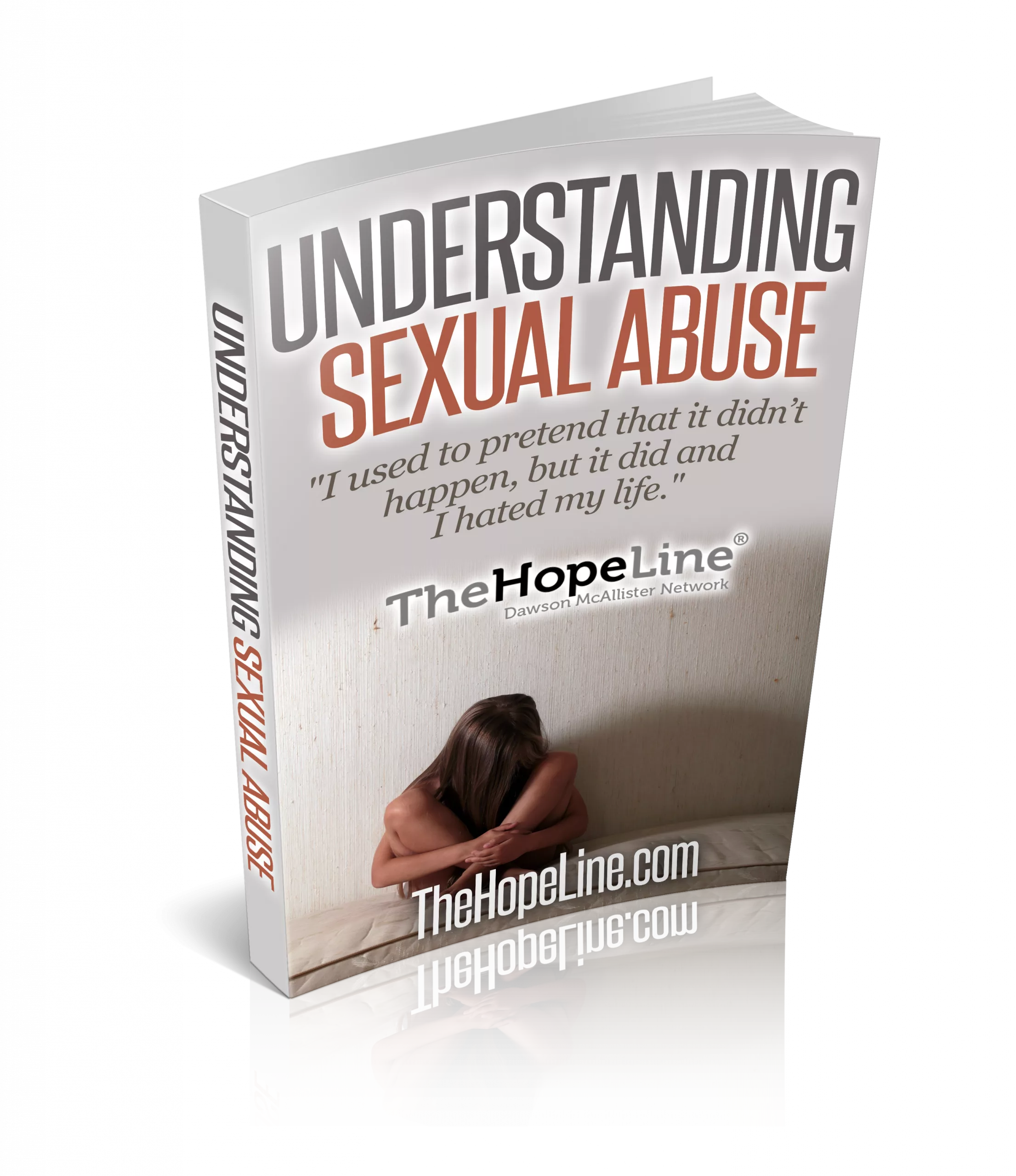It cannot be said too many times: sexual assault is never the victim’s fault. Whether they were drunk, dating their abuser, or walking in an unsafe area, nothing can excuse a perpetrator’s actions.
That being said, there are certain precautions you can take to protect yourself against sexual assault.
As online dating gains popularity, more and more people are meeting strangers from the internet in real life. If you’re meeting someone for the first time, screen them and their online presence as carefully as possible. Meet in public places until they prove themselves trustworthy and never give out personal information like addresses.
Being prepared with small self-defense tools like mace or a personal alarm can be efficient devices to protect against random attackers. Taking a self-defense class can also help to protect you against attackers, sexual or otherwise.
Sexual assault is an issue that affects people everyday, all across the globe, resulting in anxiety, depression, and other symptoms related to PTSD. If you or someone you know has been a victim of sexual assault, reaching out should be your first step.
Traumatic experiences like sexual assault do damage to the heart, mind, and body. Recovery takes time and support. In addition to seeking a licensed counselor, our Hope Coaches are available to to encourage you, help you on your healing journey, support you in how to report your assault, and shower you with God’s love. God desires to fill you with purpose, value, love, and peace. He can release you from the shame felt by so many victims of sexual assault.






 Privacy Policy / Terms of Use
Privacy Policy / Terms of Use